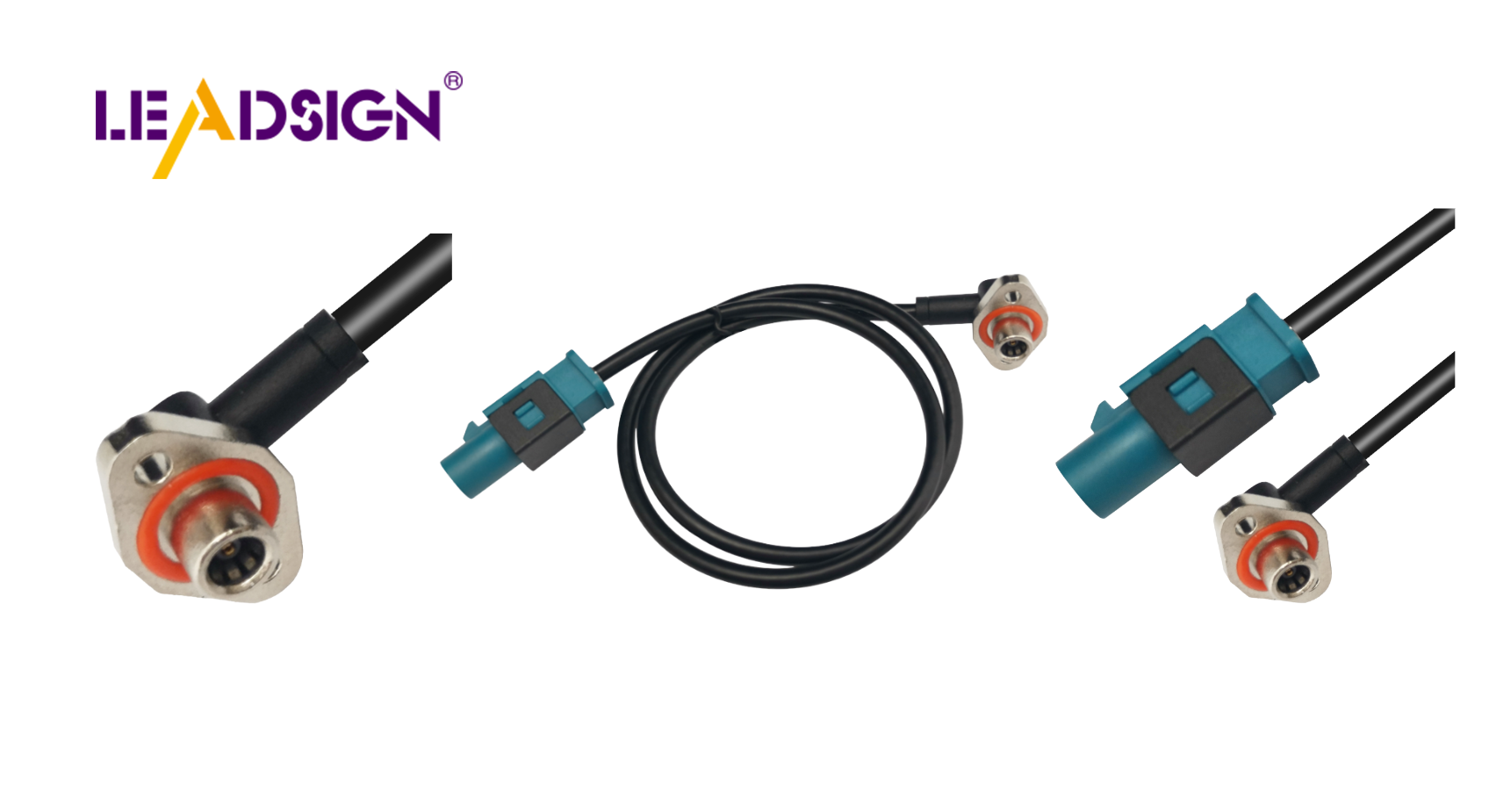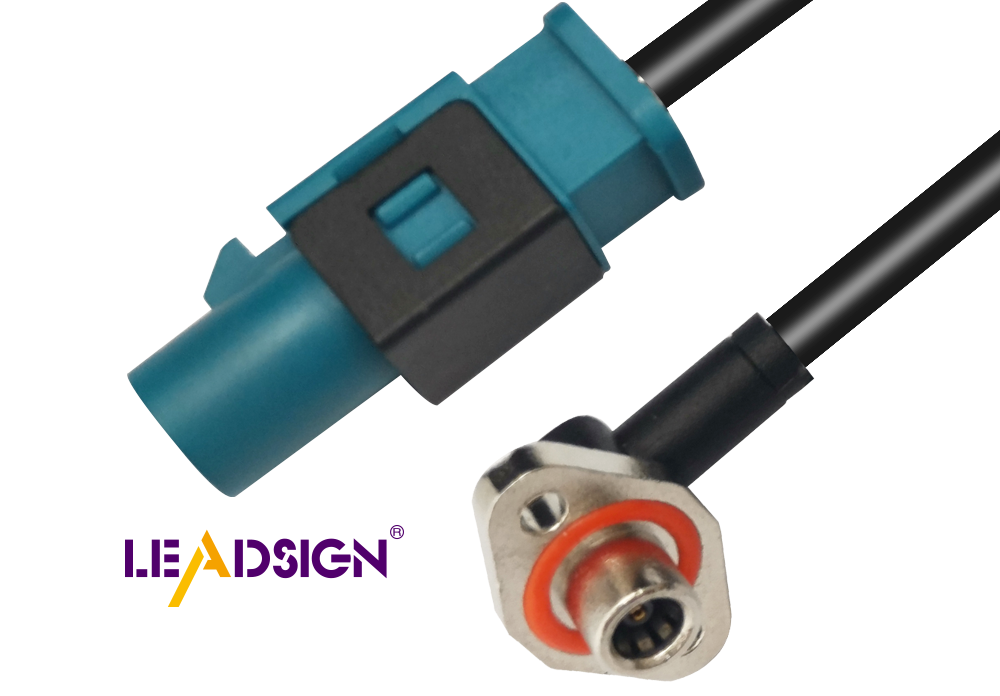Exploring the Pros and Cons of Rigid Coaxial Cables in Automotive Wiring Connector Types

Choosing the right cable for cars is important. Rigid coaxial cables have good and bad points. They keep a steady electrical length, which is good for high performance. But they are not flexible, making them hard to use where things move a lot. You must think about these factors carefully. This helps ensure your car projects work well and last long. Knowing the pros and cons of these cables helps you choose what fits your needs best.
Advantages of Rigid Coaxial Cables

Rigid coaxial cables have many good points. They are not just for sending signals; they have other benefits too.
Durability
These cables are very strong. They can handle tough conditions well. Their solid build means they last longer than other cables. This makes them great for places where cables get pushed around a lot. They can take hot or cold weather and hard hits without breaking. You won't need to replace them often, saving you time and money.
Shielding Effectiveness
Another big plus is their shielding power. These cables block out electromagnetic interference (EMI) well. This keeps your signals clear and steady. In noisy places like cars, this is very important. You get good performance without losing signal quality.
Performance in High-Frequency Applications
For high-frequency tasks, these cables are excellent too. They work really well with fast signals because of their design. The cables help keep the signal strong with little loss. They're perfect for jobs needing fast data and exact signal delivery, like in advanced car tech.
Disadvantages of Rigid Coaxial Cables
Rigid coaxial cables have some problems too.
Not Flexible
These cables are hard to bend. They don't move easily. This makes them tricky to use where cables need to twist or turn a lot. In cars, it can be tough to fit them in tight spots. Unlike bendy cables, rigid ones need more room and planning. If your project needs lots of movement, rigid cables might not work well.
Hard to Install
Putting these cables in place is not easy. You must plan carefully because they can't bend much. You might need special parts for corners. This makes setting them up take longer and be harder. Bendy cables are easier to install since they can fit many shapes quickly. If you want an easy setup, rigid coaxial cables may not be the best pick.
Comparing Different Cable Types
Picking car cables is important. Let's see how rigid coaxial cables compare to others.
Flexible Coaxial Cables
Flexible coaxial cables bend easily. They fit in tight spots, making them easy to install. They're good where things move a lot. But they might not be as strong or block signals like rigid ones. If you need cables that twist without breaking, flexible ones are great.
Twisted Pair Cables
Twisted pair cables have twisted wires. This helps stop signal problems. They're used in networks and phones. They're cheaper than coaxial cables but may not work well with high-speed tasks. If saving money matters and speed isn't needed, twisted pairs are fine.
Fiber Optic Cables
Fiber optic cables are super advanced. They use light for fast data speeds and lots of data flow. They don't get signal problems from electronics but cost more and need special tools to set up. If you want the best performance and can pay more, fiber optics are the best choice.
Choosing the right cable is very important. Each type has good and bad points. Knowing these helps you pick wisely based on what you need, whether it's bending, price, or speed.
When thinking about rigid coaxial cables for cars, consider their good and bad sides. These cables have:
Durability: They are strong and last long in tough places.
Shielding: They stop electromagnetic noise well.
High-Frequency Performance: They are great for fast data.
But, they don't bend easily and need careful setup. Use them when you need steady signals, especially where there is shaking or bumping. Always pick the right cable for your needs to make sure your car projects work well and stay reliable.
See Also
Why FAKRA Coaxial Cables Matter for Automotive Use
Enhancing Data Transfer in Vehicles with Smart Connectors
Uncovering the Advantages of Fakra Connectors in Cars

